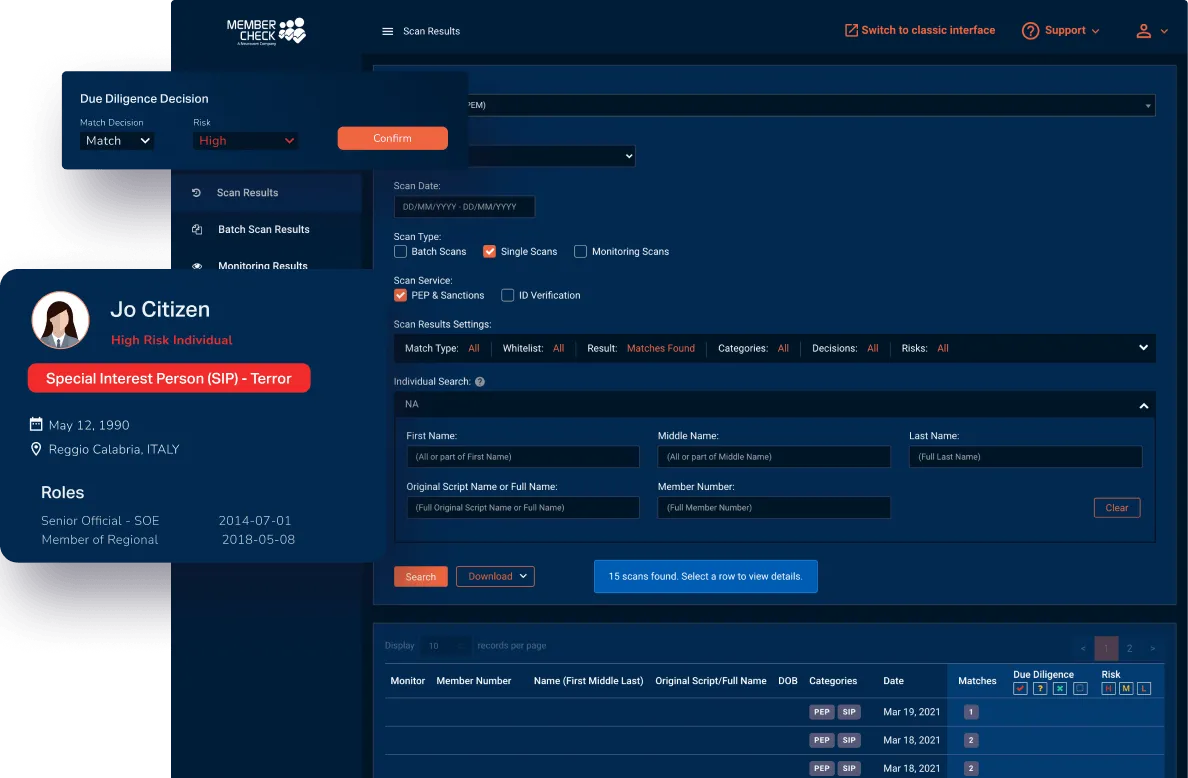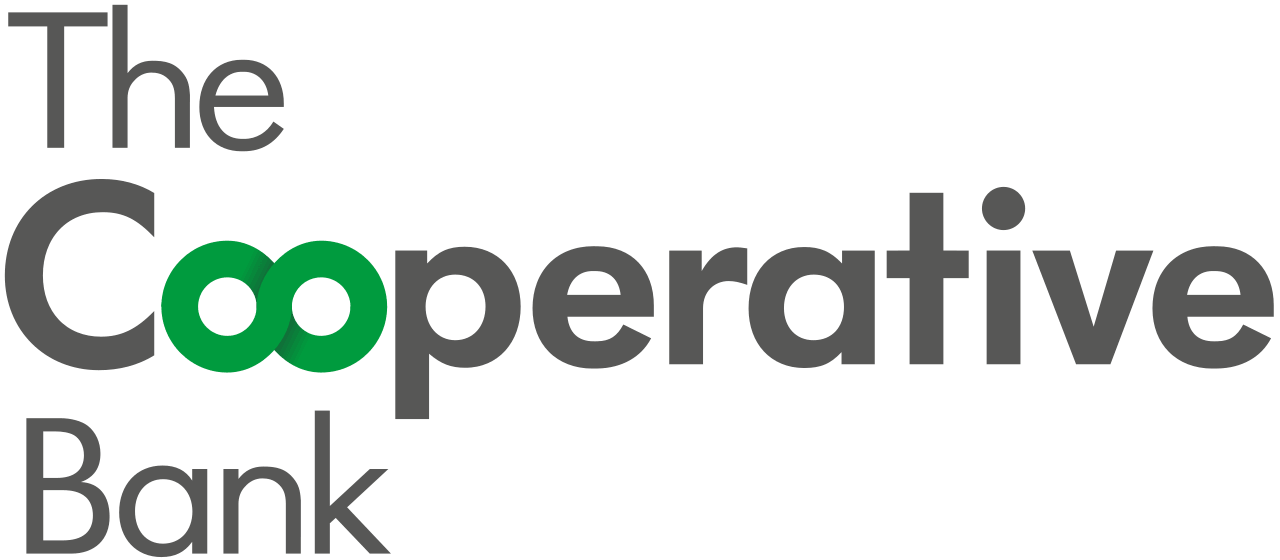AML/CTF regulations in The United States

AML/CTF supervisors in The United States
Financial Crime Enforcement Network (FinCEN)
FinCEN, part of the U.S. Treasury, is the primary AML/CTF regulator in the U.S., tasked with safeguarding the financial system from illicit finance, analysing U.S. BSA data, and facilitating law enforcement collaborations at home and abroad. It enforces the key Bank Secrecy Act (BSA) and AML/CTF rules.
Office of Foreign Assets Control (OFAC)
OFAC administers and enforces economic and trade sanctions based on U.S. foreign policy and national security objectives. It targets sanctioned governments, terrorist groups, narcotics traffickers, proliferation networks, and other national security threats.
AML/CTF reporting obligations in The United States

Bank Secrecy Act (BSA) & USA Patriot Act
The BSA establishes core AML requirements such as internal controls, independent testing, a designated BSA officer, comprehensive training, CDD, recordkeeping, transaction monitoring, and SARs/CTR filings.The USA Patriot Act (2001) criminalises the financing of terrorism, prohibits financial institutions form engaging in business with foreign shell banks, requires CDD and EDD in the case of correspondent services, improves information sharing between the private sector and U.S. government and implements stricter civil and criminal penalties for money laundering.
Stablecoin & Crypto Inclusion under BSA
Pending U.S. stablecoin legislation (GENIUS & STABLE Acts) would incorporate stablecoin issuers and operators directly into the BSA framework, requiring comprehensive KYC/CDD, transaction monitoring, CTR/SAR filings, and compliance with the Travel Rule. Expected passage of the acts is mid-2025.
FinCEN extends AML rule for investment advisers
A final FinCEN rule (Sept 4, 2024) designated many SEC-registered and exempt-reporting investment advisers as “financial institutions” under BSA. It required AML/CTF programs, SAR & CTR filings, CIP/CDD, risk assessments, and record keeping starting January 1, 2026.

Currency Transaction Reports (CTR)
Cash transactions >$10,000 daily trigger filing of the Form 112 with FinCEN.

Suspicious Activity Reports (SAR)
Broad requirement - file for suspected money laundering, fraud, or BSA avoidance; these must follow BSA forms 90‑22.47 and related OCC forms.


How to comply with the BSA and USA Patriot Acts
- Maintain a risk-based AML program, including internal controls, independent testing, a BSA Officer, and employee training.
- Implement CDD and CIP, including verifying identity and beneficial ownership.
- Conduct OFAC sanctions screening and monitor for suspicious transactions.
- Record cash purchases of negotiable instruments and file Currency Transaction Reports (CTR) for daily cash exceeding $10,000.
- Register and monitor MSBs for:
- Cash-based instruments ($3,000–$10,000): maintain logs.
- Money transfers ≥$3,000: retain detailed records for 5 years.
- Currency exchanges >$1,000: maintain transaction records for 5 years.
- File Foreign Bank Account Reports (FBAR) (FinCEN Form 114) annually by October 15 for U.S. persons holding >$10,000 in foreign accounts.




































